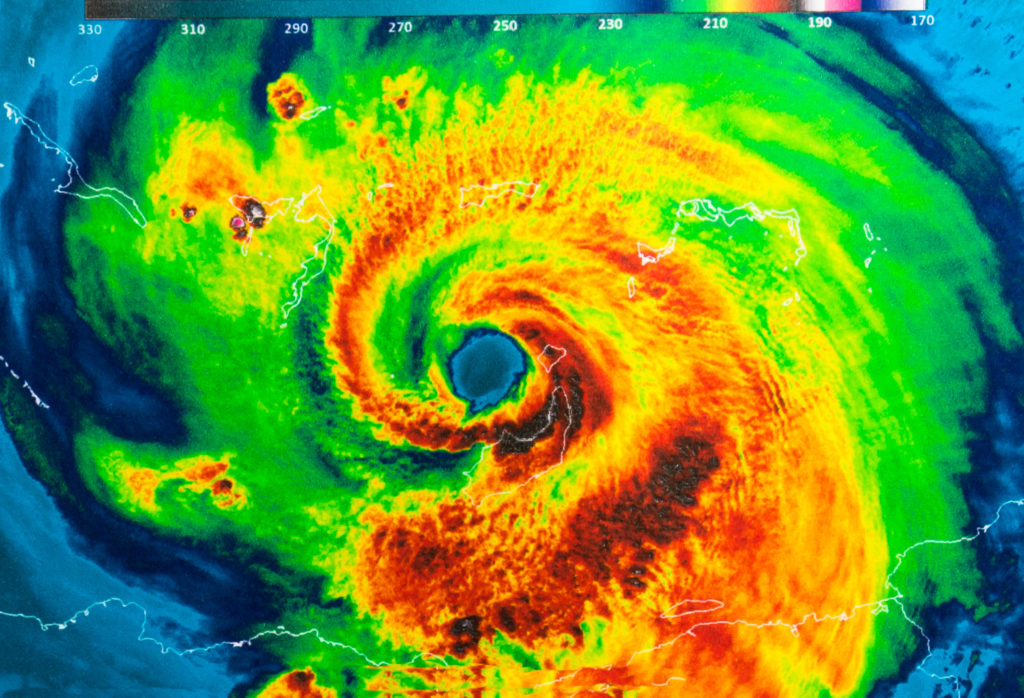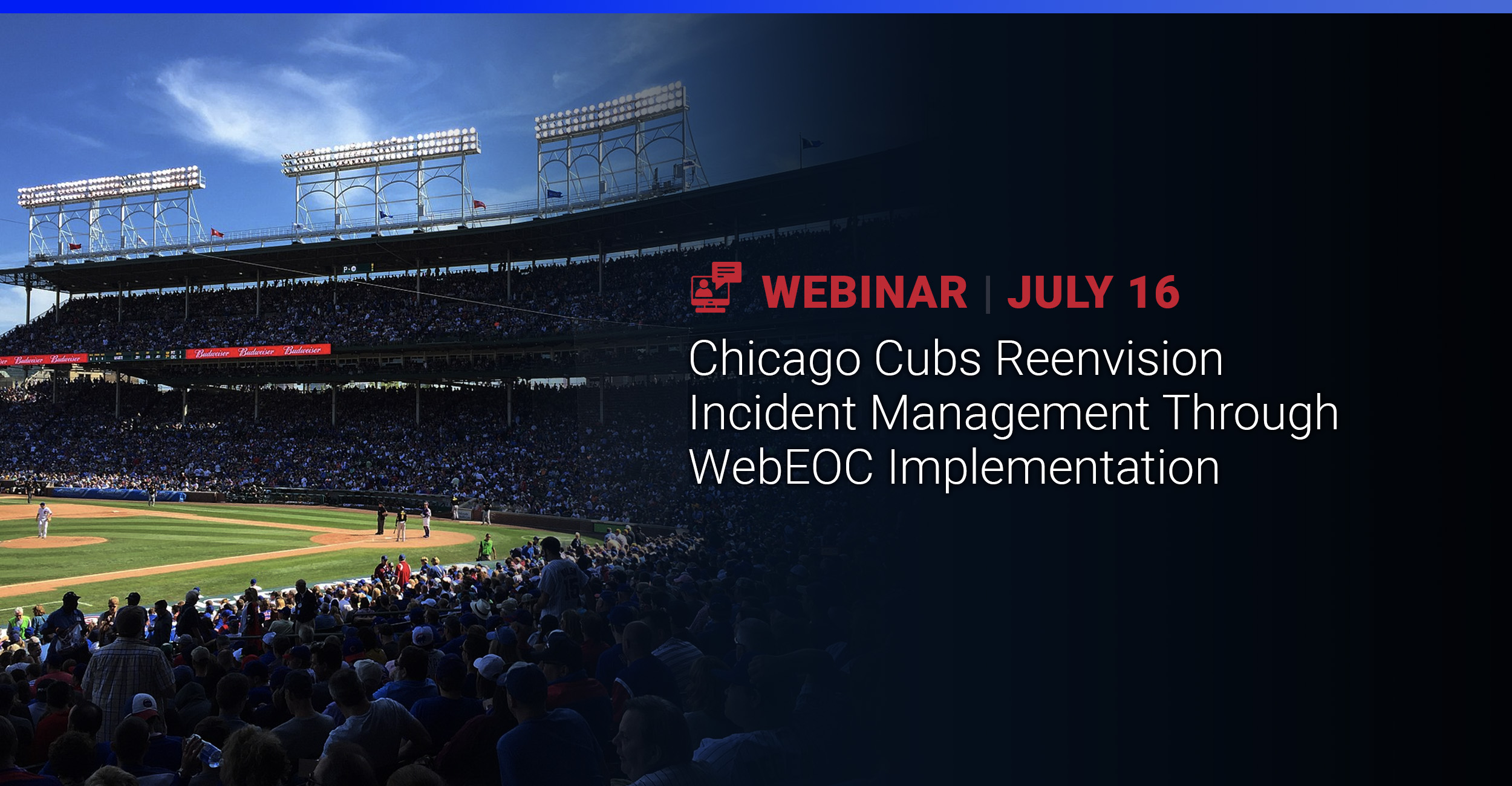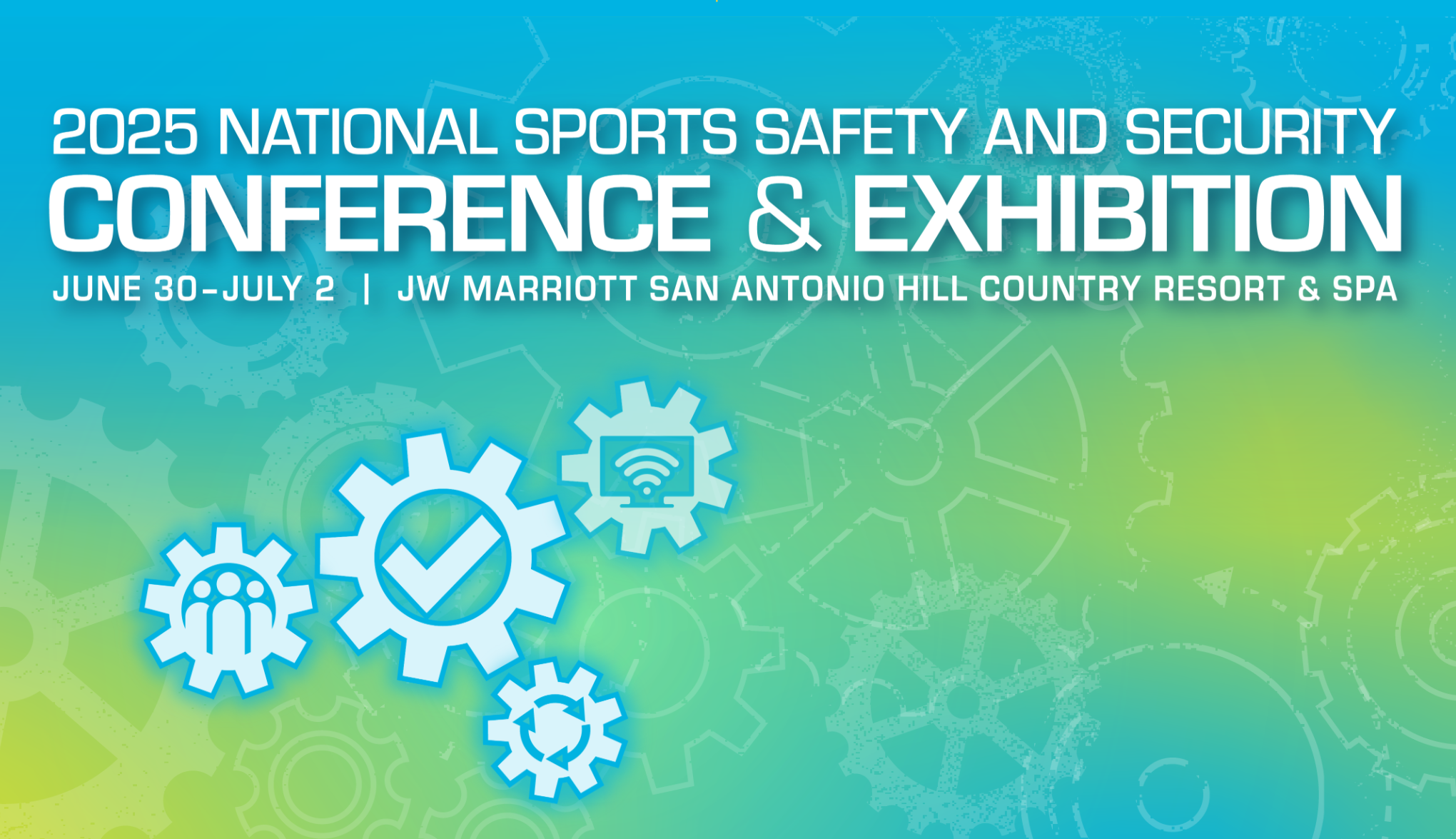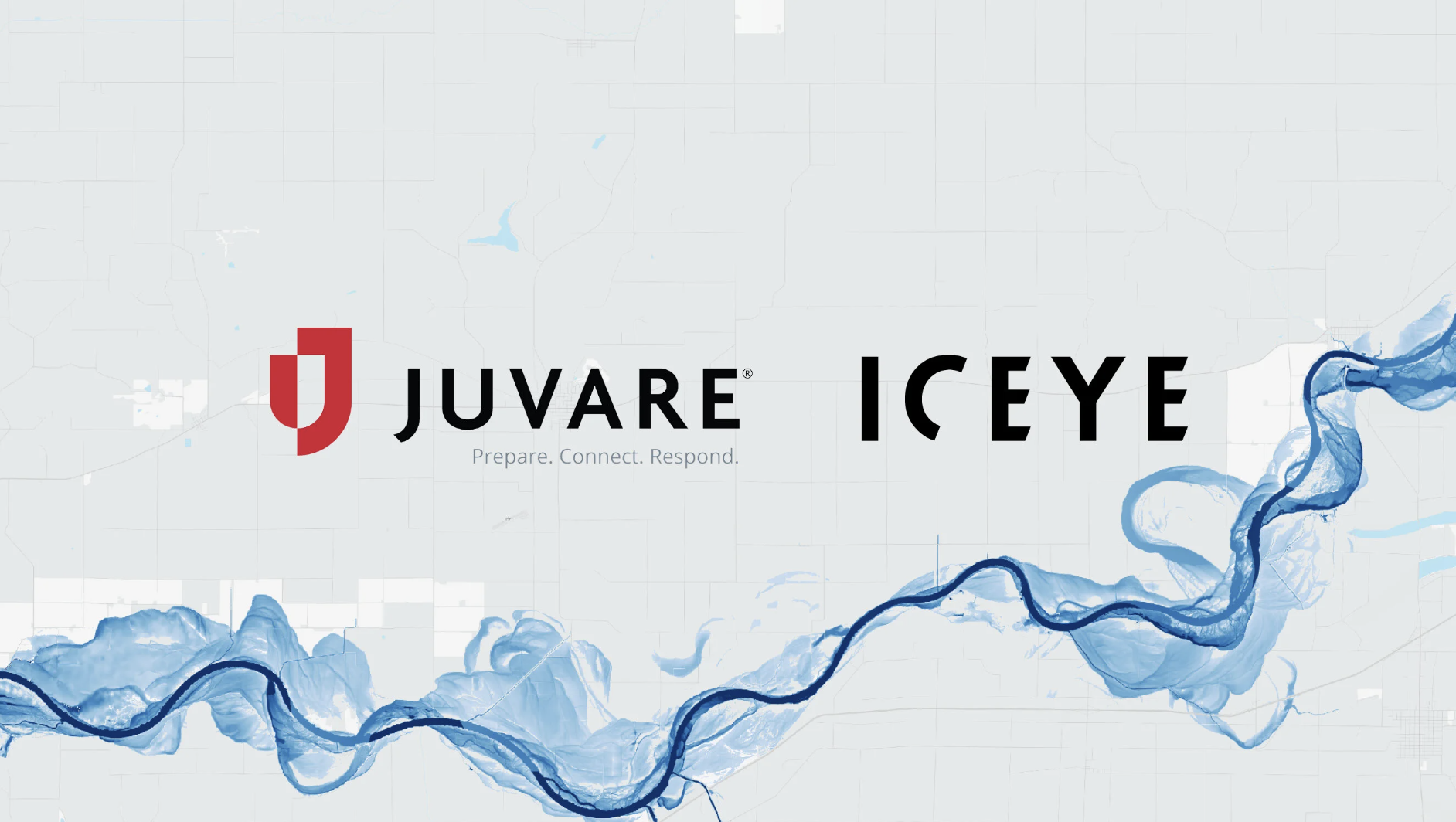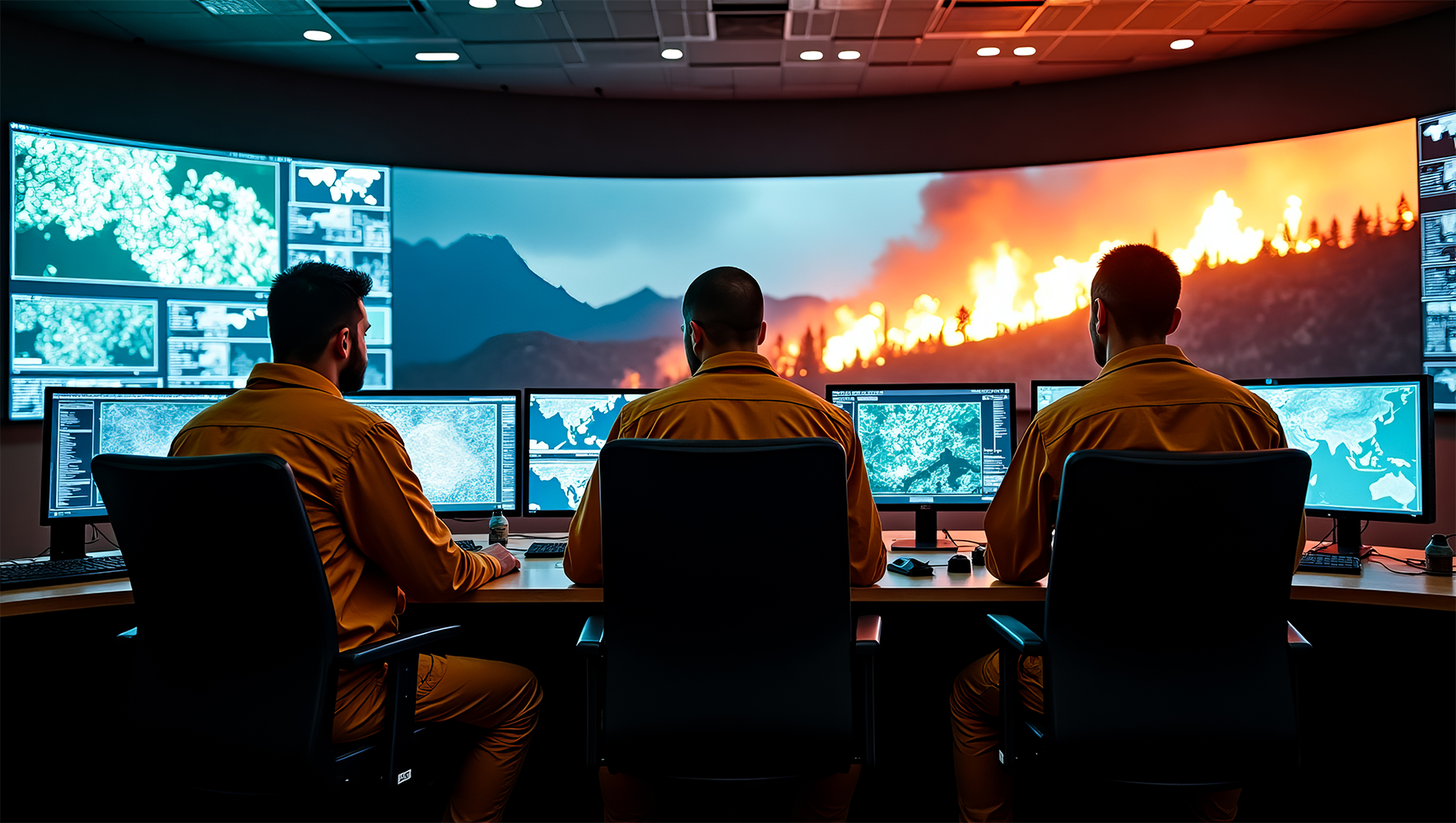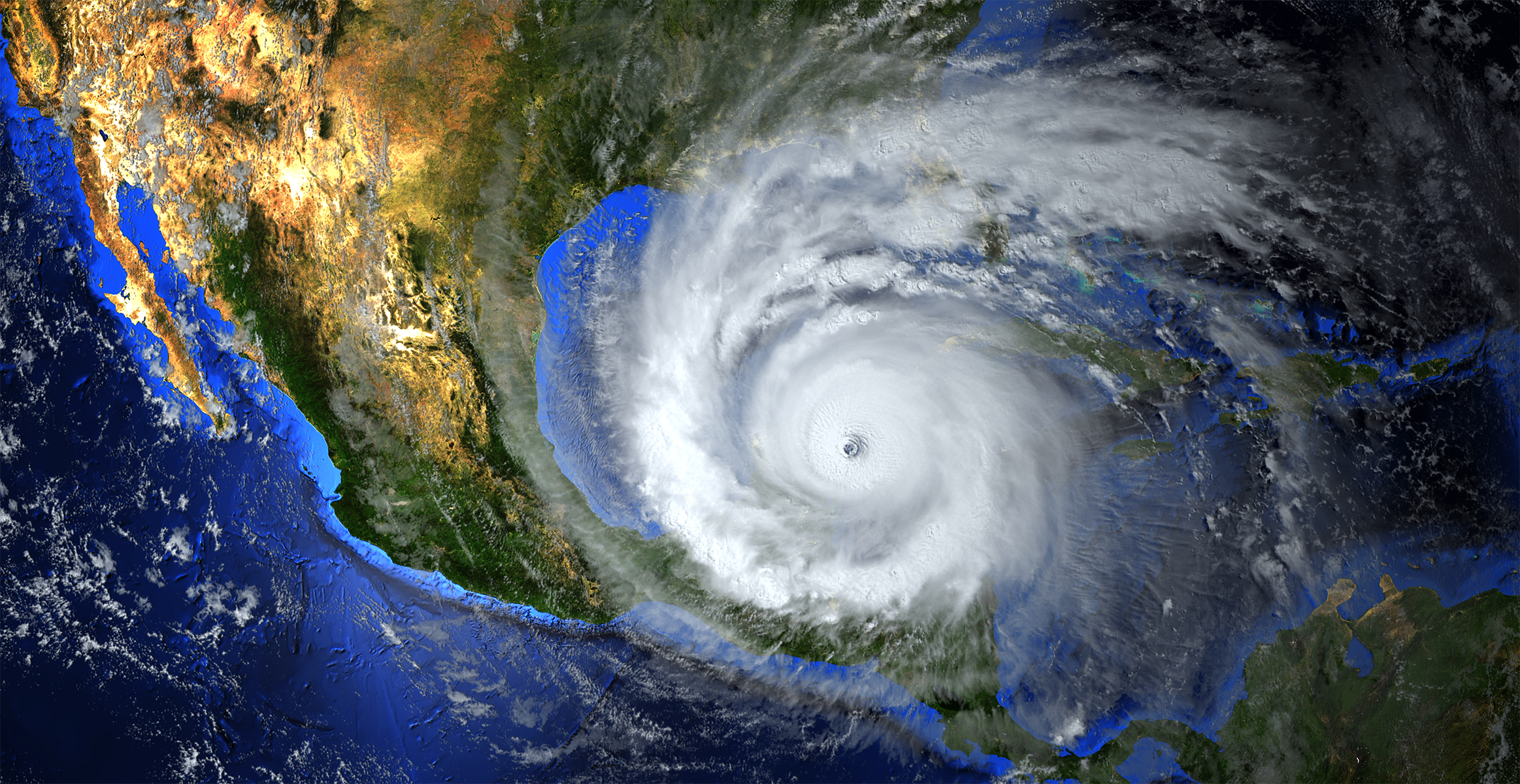In spring 2020, weather forecasters reported that conditions in the tropical Atlantic could contribute to an above-average probability for major hurricanes making landfall along the continental U.S. coastline and in the Caribbean. June and July have already marked the busiest start of a hurricane season ever recorded.
Forecasters are currently watching Hurricane Isaias, which on Thursday, as a tropical storm, knocked out power and caused flooding in Puerto Rico and the Dominican Republic. Isaias reached hurricane strength on Thursday and is expected to affect the Bahamas as a Category 1 storm on Friday and move close to the south Florida coast on Saturday. Forecasters expect Isaias to make landfall in North Carolina early next week, according to the U.S. Hurricane Center in Miami.
Upon becoming a tropical storm, Isaias broke the record for the earliest “I” named storm in the Atlantic.
A report titled “Extended Range Forecast of Atlantic Seasonal Hurricane Activity and Landfall Strike Probability for 2020″ estimated there could be 8 Atlantic hurricanes in 2020, with 16 named storms, compared to an average of 6.4 hurricanes and 12.1 named storms.
The unusually active first two months should be a call to action when it comes to preparedness, since August and September tend to be the busiest months for severe tropical storms and hurricanes in the Atlantic, Caribbean, and Gulf of Mexico.
That’s why emergency managers have to be completely ready for potential tropical storms and hurricanes in the next couple of months.
Pandemic planning intensifies preparation pressure
Preparedness and response to a hurricane making landfall is a complicated process, which is made even more complex considering precautions for health and safety regarding the COVID-19 pandemic.
Already dangerous conditions caused by a hurricane could be greatly exacerbated by an outbreak of coronavirus that arises from populations needing temporary community shelters as often is the case when hurricanes hit. Communities need to be prepared to offer assistance in evacuations and sheltering for large numbers of people while also adhering to social distancing and other actions to protect people from coronavirus infections.
FEMA has also been considering how the agency can be prepared in this kind of scenario and stated that it is important to be ready to respond to any incidents while also ensuring uninterrupted pandemic response efforts.
“To that end, FEMA is taking deliberate and proactive steps to safeguard our ability to augment and sustain our FEMA response operations in the midst of COVID-19, while preparing for future unknown disasters,” according to FEMA’s statement.
So far, we have been fortunate that none of the record number of storms this year have significantly affected communities.
As we move into the most active months of one of the most active hurricane seasons to date, emergency managers and healthcare response professionals could be tested in unprecedented ways.
While agencies, organizations, higher education institutions, and businesses are all rightly focused on safety activities related to the pandemic, they also cannot lose focus on other emergencies or potential disasters. To be prepared, all organizations need to check and re-check preparedness and response plans, and all available resources needed to take action in an unexpected event.
An emergency response plan and critical incident management platform like WebEOC gives organizations the preparedness and response capabilities they need for hurricane preparedness and response, including:
-
-
- Access to real-time information across multiple locations, on any type of device, at any time
- A common operating picture including organization-wide, community, and state-level events
- Real-time views of operational status and resources available
- Quick, effective communications with employees and stakeholders, as well as fire or law enforcement, first responders, and emergency management agencies
-
Emergency management solutions like WebEOC, Juvare Exchange, eICS, and EMResource can help your organization with the situational awareness and communications capabilities needed to prepare for any critical incident, contact us today.
To learn more about how Juvare solutions have been used during hurricanes, explore the links below:
- Hurricane Harvey: Learn more about how Juvare critical incident technology was used for preparation, response, and recovery during Hurricane Harvey.
- Hurricane Dorian: Read more about how Florida emergency management agencies used Juvare WebEOC during Hurricane Dorian last year.









